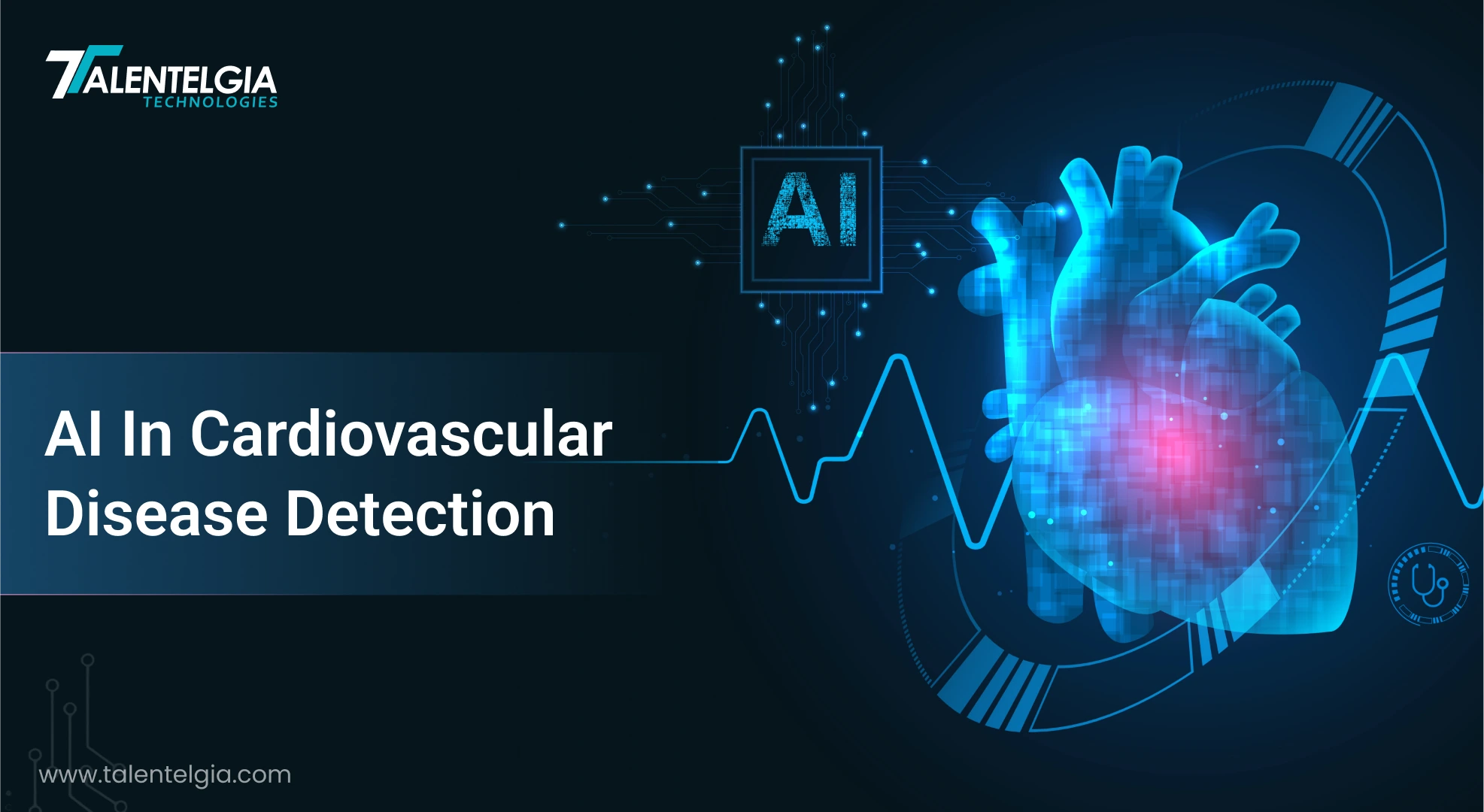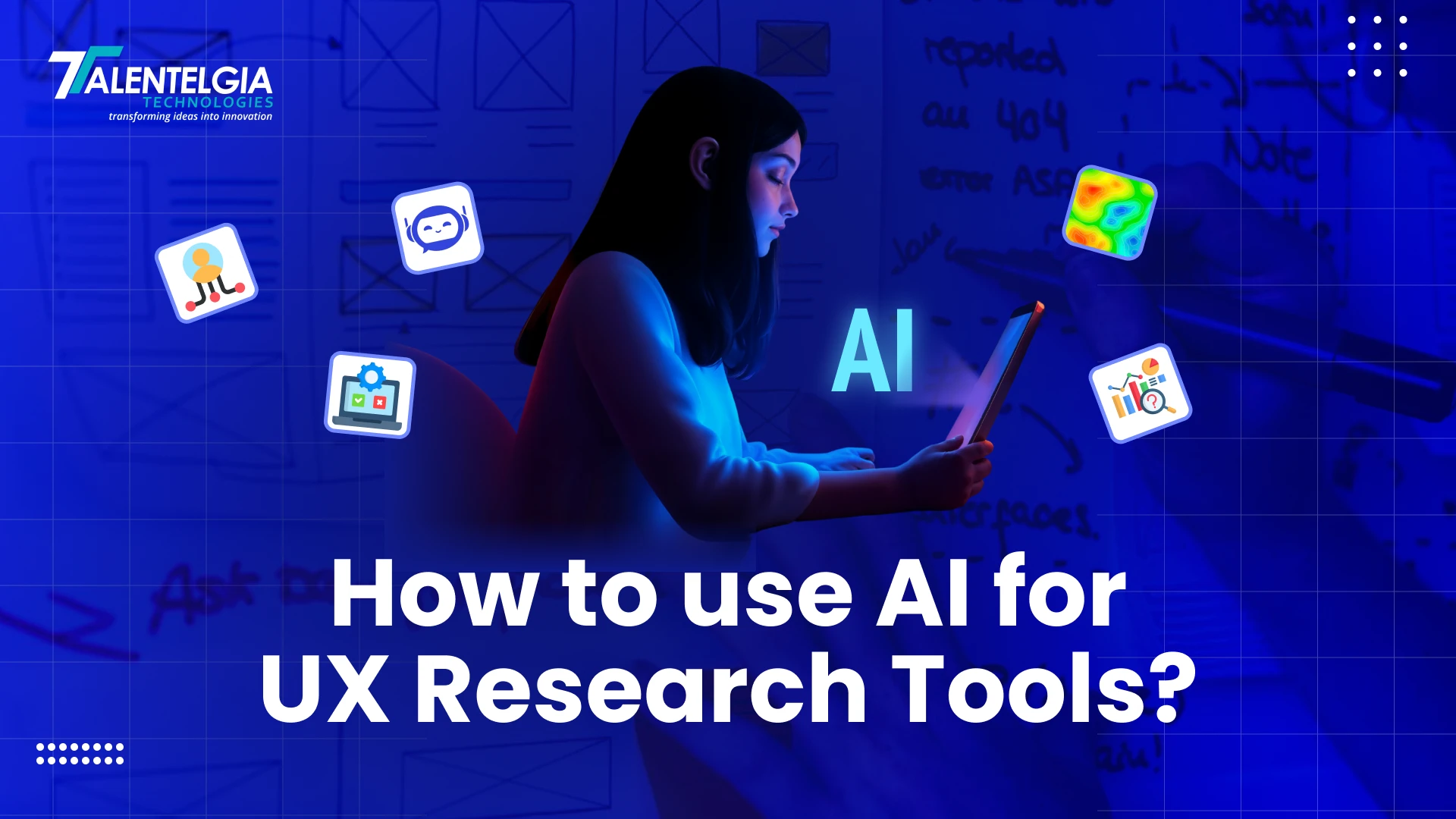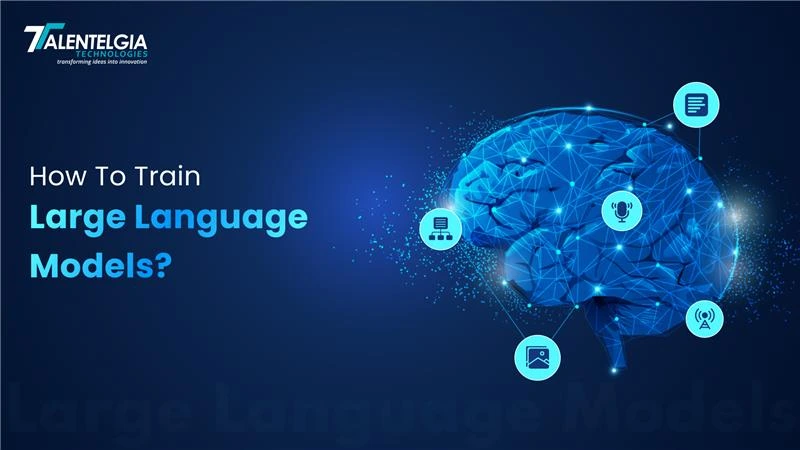Cardiovascular Disease (CVD), including heart attacks and strokes, is the most common cause of death in the world. Although strategies to prevent cardiovascular disease are available, such as a healthier lifestyle and statin treatment, the use of which may not always be optimal, identification of risk may be difficult. A new study led by the Cardiovascular Imaging Research Core (CIRC) at Massachusetts General Hospital (MGH) describes how an AI model, utilizing a routine imaging exam, can be used to rapidly and non-invasively screen for CVD risk factors.
Challenge In Current Cardiovascular Disease Detection
The traditional tools used to predict cardiovascular disease risk, such as the Pooled Cohort Equations, which are endorsed by the American College of Cardiology and the American Heart Association, rely on several inputs — including lipid profiles, blood pressure readings, a history of diabetes, and more — many of which are missing or degraded in data from electronic medical records. This not only hinders systematic identification of high-risk patients for pMPD prophylaxis, but it may also lead to unintended consequences such as increased cost and incidence of adverse effects.
Objective
To address these barriers, the MGH team created a deep learning (Artificial Intelligence) AI Model — called CXR-CVD. It is used to estimate cardiovascular risk using only chest X-ray images, which are far more common and cost-effective compared to clinical risk–scoring tools.
Solution & Methodology
The scientists trained the model on hundreds of thousands of already available chest radiographs by applying a Convolutional Neural Network (CNN). The AI model taught itself how to recognize patterns indicative of longer-term cardiovascular risk, without the help of conventional clinical inputs. The group’s results were shared at the Radiological Society of North America (RSNA) meeting and received national recognition via the RSNA daily bulletin and CNN.
Key Findings
- The AI model for predicting 10-year cardiovascular risk was similar in accuracy to the Pooled Cohort Equation.
- The model could accurately predict the responders and non-responders of statin therapy, even in the absence of classical data.
- There are hidden markers of aging and cardiovascular risks in chest radiographs that AI can capture.
Innovation & Novelty
This study is an unconventional use of AI, taking ordinary diagnostic images to predict future health events. While gated scans are needed in CT calcium scoring, standard chest radiographs are used in the current model, greatly expanding the possibility of broadly applying this approach.
Extension: AI-CAC for CT Scans
Expanding on this idea, researchers from Mass General Brigham have also created AI-CAC, a deep learning algorithm that can detect the presence of coronary artery calcium (CAC) on nongated chest CT scans. The tool achieved:
- 89.4% sensitivity for the presence of CAC
- 87.3% for CAC score above or below the clinical threshold of 100
- There was a 3.49X increased 10-year mortality with scores > 400, marked predictive value.
Clinical Impact
Both AI tools, CXR-CVD Risk and AI-CAC, allow for a shift from reactive care to preventative health based on these new opportunities. Through the use of available imaging data, healthcare systems may more conveniently identify high-risk patients for interventions that may reduce morbidity, mortality, and long-term healthcare expenses.
Limitations & Future Scope
AI-CAC was trained using veterans only. Subsequent work will aim to confirm the model in outside populations and evaluate its capacity to serially monitor CAC progression, especially concerning lipid-lowering therapy.
Conclusion
This groundbreaking effort by the CIRC and Mass General Brigham demonstrates the potential AI has to change the game in the early detection of cardiovascular diseases. These advances preserve, but extract additional value from, standard imaging examinations, and can enable earlier interventions and improved patient outcomes, with a concomitant reduction in the workload on, and resource requirements of, the clinic.


 Healthcare App Development Services
Healthcare App Development Services
 Real Estate Web Development Services
Real Estate Web Development Services
 E-Commerce App Development Services
E-Commerce App Development Services E-Commerce Web Development Services
E-Commerce Web Development Services Blockchain E-commerce Development Company
Blockchain E-commerce Development Company
 Fintech App Development Services
Fintech App Development Services Fintech Web Development
Fintech Web Development Blockchain Fintech Development Company
Blockchain Fintech Development Company
 E-Learning App Development Services
E-Learning App Development Services
 Restaurant App Development Company
Restaurant App Development Company
 Mobile Game Development Company
Mobile Game Development Company
 Travel App Development Company
Travel App Development Company
 Automotive Web Design
Automotive Web Design
 AI Traffic Management System
AI Traffic Management System
 AI Inventory Management Software
AI Inventory Management Software
 AI Software Development
AI Software Development  AI Development Company
AI Development Company  AI App Development Services
AI App Development Services  ChatGPT integration services
ChatGPT integration services  AI Integration Services
AI Integration Services  Generative AI Development Services
Generative AI Development Services  Natural Language Processing Company
Natural Language Processing Company Machine Learning Development
Machine Learning Development  Machine learning consulting services
Machine learning consulting services  Blockchain Development
Blockchain Development  Blockchain Software Development
Blockchain Software Development  Smart Contract Development Company
Smart Contract Development Company  NFT Marketplace Development Services
NFT Marketplace Development Services  Asset Tokenization Company
Asset Tokenization Company DeFi Wallet Development Company
DeFi Wallet Development Company Mobile App Development
Mobile App Development  IOS App Development
IOS App Development  Android App Development
Android App Development  Cross-Platform App Development
Cross-Platform App Development  Augmented Reality (AR) App Development
Augmented Reality (AR) App Development  Virtual Reality (VR) App Development
Virtual Reality (VR) App Development  Web App Development
Web App Development  SaaS App Development
SaaS App Development Flutter
Flutter  React Native
React Native  Swift (IOS)
Swift (IOS)  Kotlin (Android)
Kotlin (Android)  Mean Stack Development
Mean Stack Development  AngularJS Development
AngularJS Development  MongoDB Development
MongoDB Development  Nodejs Development
Nodejs Development  Database Development
Database Development Ruby on Rails Development
Ruby on Rails Development Expressjs Development
Expressjs Development  Full Stack Development
Full Stack Development  Web Development Services
Web Development Services  Laravel Development
Laravel Development  LAMP Development
LAMP Development  Custom PHP Development
Custom PHP Development  .Net Development
.Net Development  User Experience Design Services
User Experience Design Services  User Interface Design Services
User Interface Design Services  Automated Testing
Automated Testing  Manual Testing
Manual Testing  Digital Marketing Services
Digital Marketing Services 
 Ride-Sharing And Taxi Services
Ride-Sharing And Taxi Services Food Delivery Services
Food Delivery Services Grocery Delivery Services
Grocery Delivery Services Transportation And Logistics
Transportation And Logistics Car Wash App
Car Wash App Home Services App
Home Services App ERP Development Services
ERP Development Services CMS Development Services
CMS Development Services LMS Development
LMS Development CRM Development
CRM Development DevOps Development Services
DevOps Development Services AI Business Solutions
AI Business Solutions AI Cloud Solutions
AI Cloud Solutions AI Chatbot Development
AI Chatbot Development API Development
API Development Blockchain Product Development
Blockchain Product Development Cryptocurrency Wallet Development
Cryptocurrency Wallet Development About Talentelgia
About Talentelgia  Our Team
Our Team  Our Culture
Our Culture 
 Healthcare App Development Services
Healthcare App Development Services Real Estate Web Development Services
Real Estate Web Development Services E-Commerce App Development Services
E-Commerce App Development Services E-Commerce Web Development Services
E-Commerce Web Development Services Blockchain E-commerce
Development Company
Blockchain E-commerce
Development Company Fintech App Development Services
Fintech App Development Services Finance Web Development
Finance Web Development Blockchain Fintech
Development Company
Blockchain Fintech
Development Company E-Learning App Development Services
E-Learning App Development Services Restaurant App Development Company
Restaurant App Development Company Mobile Game Development Company
Mobile Game Development Company Travel App Development Company
Travel App Development Company Automotive Web Design
Automotive Web Design AI Traffic Management System
AI Traffic Management System AI Inventory Management Software
AI Inventory Management Software AI Software Development
AI Software Development AI Development Company
AI Development Company ChatGPT integration services
ChatGPT integration services AI Integration Services
AI Integration Services Machine Learning Development
Machine Learning Development Machine learning consulting services
Machine learning consulting services Blockchain Development
Blockchain Development Blockchain Software Development
Blockchain Software Development Smart contract development company
Smart contract development company NFT marketplace development services
NFT marketplace development services IOS App Development
IOS App Development Android App Development
Android App Development Cross-Platform App Development
Cross-Platform App Development Augmented Reality (AR) App
Development
Augmented Reality (AR) App
Development Virtual Reality (VR) App Development
Virtual Reality (VR) App Development Web App Development
Web App Development Flutter
Flutter React
Native
React
Native Swift
(IOS)
Swift
(IOS) Kotlin (Android)
Kotlin (Android) MEAN Stack Development
MEAN Stack Development AngularJS Development
AngularJS Development MongoDB Development
MongoDB Development Nodejs Development
Nodejs Development Database development services
Database development services Ruby on Rails Development services
Ruby on Rails Development services Expressjs Development
Expressjs Development Full Stack Development
Full Stack Development Web Development Services
Web Development Services Laravel Development
Laravel Development LAMP
Development
LAMP
Development Custom PHP Development
Custom PHP Development User Experience Design Services
User Experience Design Services User Interface Design Services
User Interface Design Services Automated Testing
Automated Testing Manual
Testing
Manual
Testing About Talentelgia
About Talentelgia Our Team
Our Team Our Culture
Our Culture

















 Write us on:
Write us on:  Business queries:
Business queries:  HR:
HR: 




